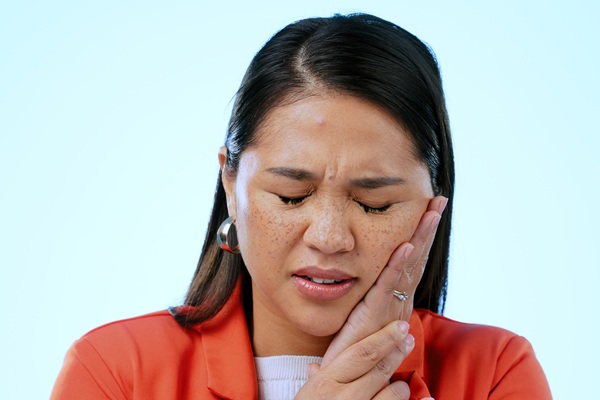Tips From an Emergency Dentist You Need to Know

Knowing how to handle common dental emergencies can help protect the health, function, and appearance of the smile. Emergency dentists often see patients who need immediate dental treatment for severe issues. These simple tips provide valuable guidance on what to do in common dental emergencies to improve oral health outcomes.
Smile-saving tips from an emergency dentist
An emergency dentist is a general or cosmetic dentist with training and availability to treat urgent dental matters. From cracked to knocked-out teeth, they can help. Here are five tips from an emergency dentist that could save a patient’s smile:
Even minor cracks can be a dental emergency
While some cracked teeth may seem minor, even small fractures can expose the inner structures of the tooth to bacteria, temperature changes, and further trauma. What may look like a cosmetic issue can quickly develop into a painful infection or require more extensive treatment, such as root canal therapy. Cracks that are deep enough to reach the pulp chamber can lead to inflammation or necrosis of the nerve, especially if left untreated. Fortunately, an emergency dentist can stabilize the tooth with dental bonding, a dental crown, or other restorative options to prevent complications.
If a toothache lasts, see a dentist
A dull, throbbing ache or sharp, shooting pain that lasts more than a day may indicate problems such as an infected pulp, a damaged filling, or deep decay. While over-the-counter medication can help alleviate pain, ignoring a toothache in the hope that it will go away on its own can actually cause it to worsen in the long term. Emergency dentists can assess the root cause of the pain and provide appropriate treatment, whether it involves removing the decay, repairing a fracture, or addressing an infection before it spreads.
Never pop an abscess on your own
A dental abscess is a pocket of pus caused by bacterial infection, typically forming at the root of a tooth or between the gum and tooth. While these infections are painful and unsightly, it is not recommended to try to drain or pop the abscess at home. Doing so can spread bacteria deeper into the tissues or even into the bloodstream, leading to serious health risks. Emergency dentists treat abscesses by addressing the source of the infection, often through drainage, antibiotics, or root canal therapy.
Do not wiggle loose permanent teeth
It can be tempting to touch, wiggle, or even attempt to reposition a loose tooth. However, this can damage the surrounding ligaments and decrease the chances of successful reattachment or stabilization. It is safer to visit an emergency dentist, who can use splinting techniques to secure a loose tooth to the neighboring teeth.
See a dentist within an hour for a knocked-out tooth
A knocked-out tooth has a strong chance of being saved if treated within 30 to 60 minutes. Handle it by the crown, rinse gently if dirty, and place it back in the socket or store it in milk or saliva before heading out to the dentist’s office. Emergency dentists can often replant the tooth and provide follow-up care, especially if treatment is quick.
Need to see an emergency dentist?
For non-life-threatening dental emergencies, reach out to an emergency dentist. At Monem Dental, we help patients who are dealing with a range of urgent dental matters, from tooth pain to loose teeth and more. Contact our Homestead office today for more information.
Request an appointment here: https://www.dentalcenterhomestead.com or call Monem Dental at (305) 247-8823 for an appointment in our Homestead office.
Check out what others are saying about our dental services on Yelp: Emergency Dentist in Homestead, FL.
Related Posts
We all try our best to look out for our oral health, but the only way to truly keep up with our oral health is with preventative care provided by a general dentist. Brushing and flossing and oral hygiene are important, but there is so much that a dentist does that accounts for keeping us…
As a general rule, you should visit a general dentist every four to six months for check-ups and cleaning visits. You may need more frequent visits (or additional visits) if there are specific oral health concerns to address (i.e., dental trauma, cavities, etc.). This review discusses how frequently you should visit a general dentist and…
Clenching and grinding the teeth, also known as bruxism, can wear them down and cause jaw and ear pain. General dentists can help patients with bruxism avoid pain and discomfort. This blog will review the causes, symptoms, and treatments for teeth grinding.It is common for people to be unaware they clench or grind their teeth…
Wondering what a general dentist suggests for a damaged tooth? Read on to learn more. Damage to teeth can result from decay, accidents, medications, and various health conditions. Repairing a tooth is crucial for maintaining good oral and overall health.When a patient visits the dental office for a damaged tooth, their general dentist will evaluate…
